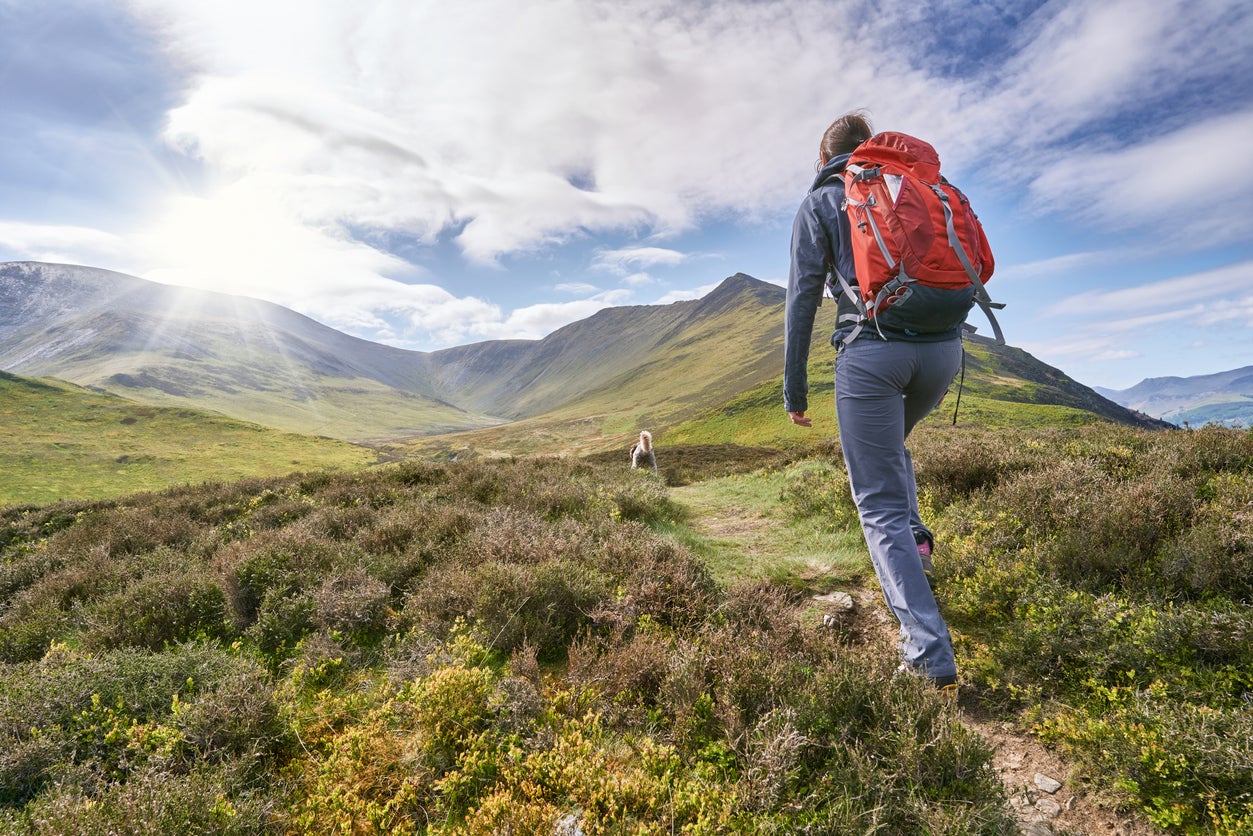After a pandemic-driven rush of walkers, we need to protect beauty spots like the Lake District
The perfect storm of the staycation boom and extreme weather means we have to look more closely at conservation efforts at home


Your support helps us to tell the story
From reproductive rights to climate change to Big Tech, The Independent is on the ground when the story is developing. Whether it's investigating the financials of Elon Musk's pro-Trump PAC or producing our latest documentary, 'The A Word', which shines a light on the American women fighting for reproductive rights, we know how important it is to parse out the facts from the messaging.
At such a critical moment in US history, we need reporters on the ground. Your donation allows us to keep sending journalists to speak to both sides of the story.
The Independent is trusted by Americans across the entire political spectrum. And unlike many other quality news outlets, we choose not to lock Americans out of our reporting and analysis with paywalls. We believe quality journalism should be available to everyone, paid for by those who can afford it.
Your support makes all the difference.The old adage “take only memories, leave only footprints” appears to have become problematic in the Lake District – where footfalls of “pandemic walkers” are threatening to destroy expensive-to-maintain trails and local ecosystems.
Charities that look after national parks like the Lake District say areas are being rapidly destroyed by a combination of an influx of visitors over the past year and a half, and the rapidly developing climate crisis.
I’ve spent weeks at a time hiking into the wilderness myself, wild camping in remote jungles, dense forests and deserts, and am fully aware of the benefits nature brings to wellbeing. It’s promising that the pandemic has brought more people outdoors, and to the Lake District’s stunning glacial ribbon lakes and rugged fell mountains – we should be encouraging this. But with exploration comes responsibility, both personal and collective. Walkers must “pack in and pack out”, as hiking communities say, meaning take your litter home. And adequate funding should be coming from central government to ensure the upkeep of these green spaces.
The perfect storm of prohibited overseas travel and the staycation boom, plus extreme weather in the form of heavy rains, causing erosion and sediments to affect wildlife’s nature-breeding habitats, means we have to look more closely at conservation efforts at home.
According to Statista, the government spends around £11bn a year maintaining our polluting national and local roads, while there have been cuts to the funding of national parks under the Tories. National Park Authorities in England received £44.7m for 2015-2016 compared with £56m in 2010-2011. In 2020, the government pledged a paltry £80m fund for green jobs and new national parks, including the expansion of protected landscapes and increased access to nature. Not nearly enough for the task ahead.
The rangers and volunteers who repair and maintain the mountain paths in the Lake District, with help from donations and grants, have said paths that are usually two metres wide have become 12 metres in recent months, as crowds have descended on these beauty spots.
Maintaining trails can be surprisingly costly in remote areas of the UK, with organisations like Fix the Fells often having to drop in concrete via helicopter to repair paths, costing tens of thousands of pounds to fix a few hundred metres of pathway. The organisation has spent £10m repairing the Cumbrian national park since it was set up 20 years ago – it typically spends £500,000 on repairs annually, on just one of the UK’s 15 national parks.
In many areas of the world, including the US, visitors are charged to access national parks and areas of natural beauty, which, along with donations, pays for the costs of upkeep. As we’ve seen during the pandemic, access to nature is crucial for mental health and it’s vital natural areas are accessible to all, not just a privileged few. Just as we value and seek to protect the NHS, we should be campaigning to safeguard our green spaces for the future.
Join our commenting forum
Join thought-provoking conversations, follow other Independent readers and see their replies
Comments